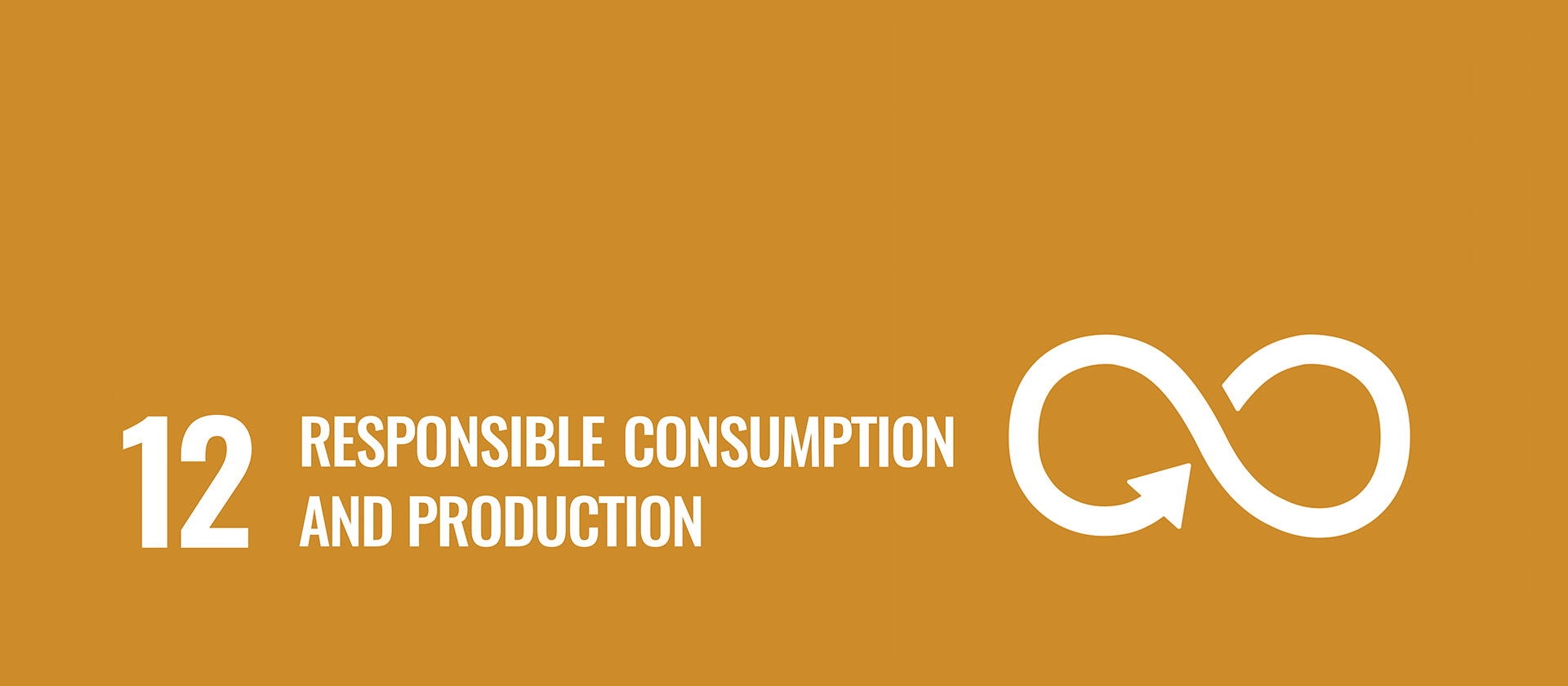Modern Slavery Statement
Modern slavery is extremely prevalent across the globe. The International Labour Organization (ILO) estimates that there are 21 million people in forced labour in the world today. The University’s Modern Slavery Statement reinforces its commitment to ensuring that modern slavery or human trafficking are not present within our supply chains or in any part of our business.
By taking a proactive approach to the issue of modern slavery in supply chains the University has begun working with suppliers, through an online tool, to develop individual action plans that address modern slavery and other key sustainability issues.
Our responsible supply chain actions
- The University has full fossil fuel exclusion in place
- Exclusion of companies that derive more than 10% of their revenue from the manufacture or sale of armaments
- Exclusion of companies engaged in testing of cosmetic and non-pharmaceutical products on animals except where it is mandatory
- Exclusion of companies that derive more than 10% of their revenue from the sale of tobacco products.
- Exclusion of companies that manufacture tobacco products
- Provide local, organic and fair traded food across all our catering operations
- Sustainability standards are embedded in tenders and contracts with external contractors through our membership of TUCO (The University Caterers Organisation)
- Maintaining Fairtrade Status, through a commitment to providing Fairtrade products at its outlets and events.
- Reducing travel impacts through a range of travel initiatives
- Wanted/for sale procedures.
For more information on what sustainable procurement is, why it is important to purchase goods and services and what we are doing to encourage sustainable purchasing on campus, please see the procurement and catering operations pages to ensure your purchases comply with the procurement policy.
Back to: Sustainability
